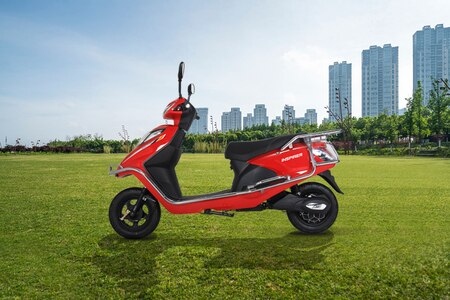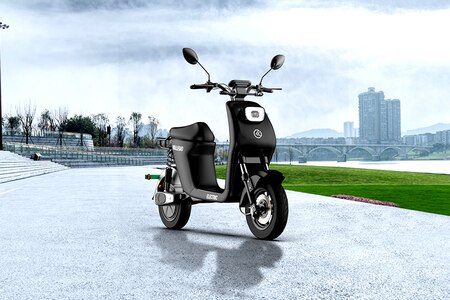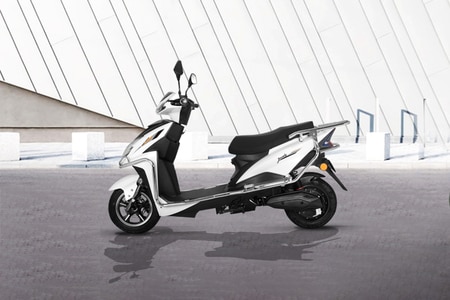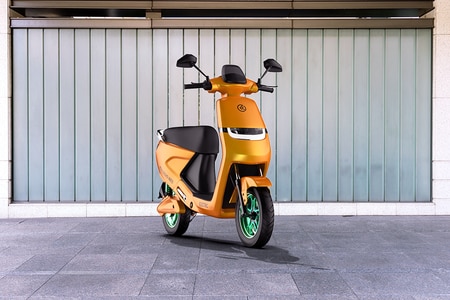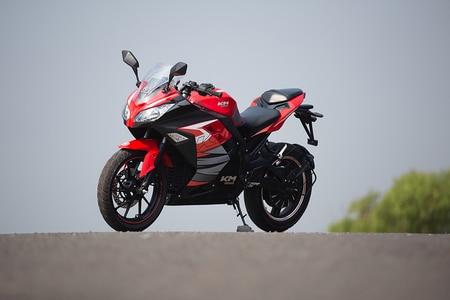Alcohol and driving don’t mix unless you’re Uber
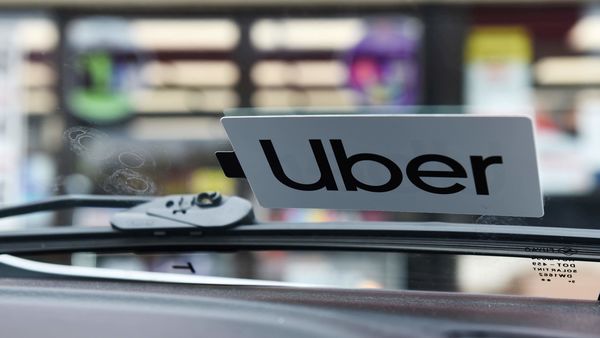

Uber Technologies Inc.’s investors have good reason to raise a glass.
Early Tuesday, the ride-hailing giantsaid it had reachedan agreement to acquire alcohol-delivery startupDrizly for about$1.1 billion. The eight-year-old Boston-based company, whichhas a market-leading footprint inmore than 1,400 cities across the U.S., offers beer, wine and spirits delivered to customers in less thanan hour. Despite the modest size of the transactionat roughly 1% of Uber’s total market value, the company’sstock surged by more than 7% after the announcement.
Also check these Vehicles
The positive reaction shouldn’t be surprising. The deal provides more evidence that Uber’s management is serious about its local-commerce ambitions and is prepared to do what it takesto movebeyond its core businessto all kinds of 'last-mile" services. That’s important because it is locked in a battle against the newly public DoorDash Inc. to determinewhich company will dominate on-demand delivery. Anything that can give Uber a leg up against its main competitor will help it in the fightand should be well-received by shareholders.
Also Read : Donald Trump pardons ex-Google employee who stole self-driving car tech
Buying Drizly willpay immediate dividends for Uber. The transaction accelerates the company’s expansion into an important category that will attract customers to its platform. If Uber had tried to build out its own service, it would have taken much longer to work out deals with local liquor stores and comply with the complex web of local laws and regulations. Instead, Uber can now instantly offer a wide selection of alcohol across the country inside its Uber Eats app, giving it a key competitive advantage versus DoorDash.
Tuesday’s announcementfollows a flurry of other smart decisions from Uber over the past year that has helped streamline its focus and enhance its competitive standing in local e-commerce. The company divested a number of money-losing businesses in recent months — from itsbike-sharing ventureto itsself-driving unitand flying taxi division. At the same time, Uber strengthened its position in on-demand delivery bypurchasingPostmates for $2.65 billion inJuly, a deal that gave it additional capabilities in order-batching technology and non-food offerings.
Since the Postmates deal, Uber has expanded aggressively into other non-restaurant categories —including groceries and prescription deliveries. With the Drizly acquisition, it gains an important footholdin the alcohol category, giving it more ammunition to become the dominant player in local-commerce delivery.Uber is showing it’s all-in on the opportunity that’s worth toasting for investors.







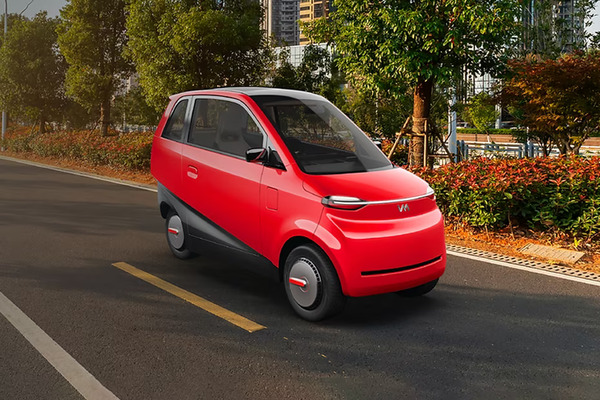
 14 Kwh
14 Kwh 250 km
250 km